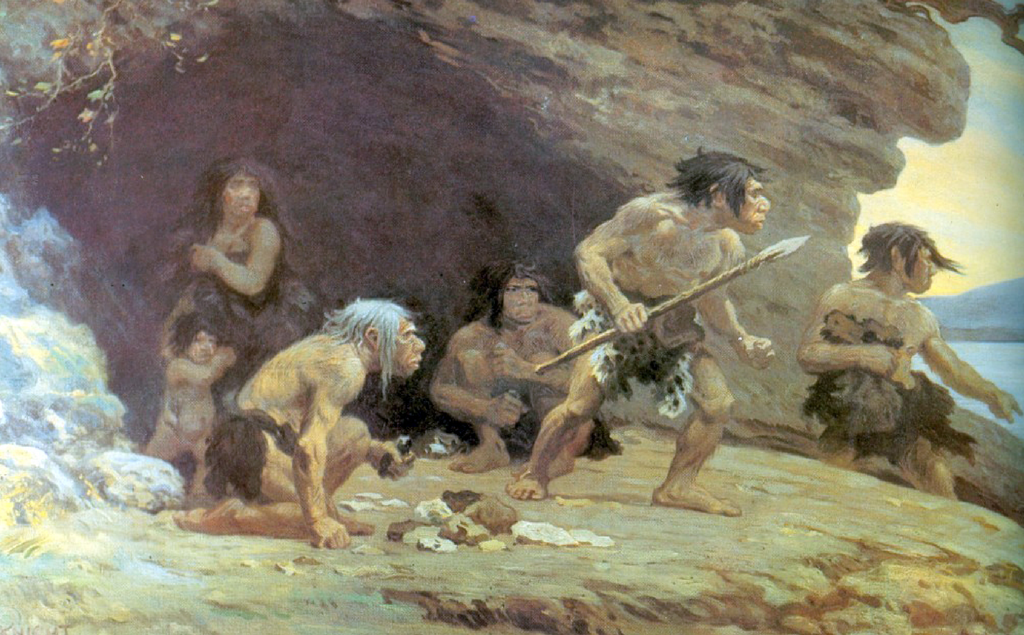And whoever looks at man today while he is in control of all corners of the globe and reaches the limit of 8 billion samples, he does not imagine that this species almost became extinct nearly a million years ago. Genetic analyzes show that we are close to extinction in a recent geological era, when we have reached 1280 people worldwide, which is an alarming number. And according to current environmental standards, we will be in the category of endangered species.
This discovery was made possible by a new method called FitCoal, which stands for Rapid Cohesion in Finite Time. Through it, it is possible to look at current genome sequences and project these differences into the past. Looking at the genomes of 3,154 people from 10 African and 40 non-African populations, a significant decrease in diversity was observed between the early to mid-Pleistocene.
Why have we lost so much diversity?
The scientists’ results show a staggering population bottleneck, with only about 1,280 individuals breeding between 930,000 and 813,000 years ago. It was 117,000 years of genetic scarcity, which nearly drove us to extinction. About 98.7% of human ancestors were wiped out, which may also have increased the level of inbreeding among ancient peoples, contributing to the loss of 65.85% of genetic diversity seen today.
According to the research, this significant population loss was most likely a result of changes in the global climate, with shorter ice caps lasting longer and lower ocean temperatures causing prolonged droughts and killing off species that ancient humans hunted for survival.
The ancestral populations did not recover until 813,000 years later, when genetic data showed a 20-fold increase in their numbers during that time. Perhaps this was due to the dominance of fire as global temperatures rise.
unite Homo sapiens
This population bottleneck appears to have coincided with a new species event, when two ancestral chromosomes merged and formed what is called chromosome 2 in modern humans, the last common ancestor of Neanderthals, Denisovans, and modern humans. Homo sapiens (Which it is worth remembering that it appeared about 300 thousand years ago) may have appeared in this era of genetic scarcity.

The gap in the fossil record of the human species in Africa and Eurasia can be explained by this population decline, which is consistent with what science already knew about the early Stone Age. However, there are human remains from that period in places such as Kenya, Tanzania, Ethiopia, Spain, Italy, the United Kingdom and China. This indicates that the bottleneck was limited in its effects on non-hominid human populations Homo sapiens or had minor effects.
The scientists acknowledge that the genetic data still needs to be compared in depth with the archaeological records, though there are still gaps in the research. Future investigations may answer questions about where the “little ancestors” lived, how they overcame climate problems and whether bottleneck natural selection accelerated the evolution of our brains.
source: human evolution

“Hardcore beer fanatic. Falls down a lot. Professional coffee fan. Music ninja.”






More Stories
The law allows children and adolescents to visit parents in the hospital.
Scientists pave the way for the emergence of a new element in the periodic table | World and Science
Can dengue cause hair loss? Expert explains how the disease affects hair